Motocross is a popular sport across British Columbia, especially considering the province’s diverse and rugged terrain, which is ideal for off-road racing. While it’s not as mainstream as some other sports, motocross and other off-road motorsports have a dedicated and passionate community in B.C. There are several motocross tracks and events that draw participants and spectators alike.
In 2022, the Fort Nelson Motocross Club received $94,804 from Northern Development through the Recreation Infrastructure program to construct an announcer’s booth and for the purchase and installation of a watering system for the track.
“Our membership increased from approximately 75 to 125 members, but one of the benefits we really noticed was the number of people that travelled to Fort Nelson for our annual race in July after our upgrades,” said Wade Mathison, president, Fort Nelson Motocross Club. “It was the largest number of entries (332) to date and keeps increasing.”
He added that racers and their families from across B.C., Alberta and the Yukon made the drive to Fort Nelson. The upgrades help set the facility apart from others and has made a positive impact on the club and the town. The race has been nicknamed “The National of The North” by the racers that do the Peace Motocross Association (PMA) circuit.
The improvements will go a long way in assisting the Club to host larger events and improve the overall quality of the track for users. The construction of an announcers’ booth provides a better vantage point for announcers and officials to view the track when a race is ongoing and to keep spectators and racers informed during the race. Installing a watering system for the track greatly reduces track dust, which improves rider safety as well as the viewing experience for spectators.
“With support from the community and the grant from Northern Development Initiative Trust, the Fort Nelson Motocross facility has become a great place for casual riders to serious racers to ride and have fun,” said Mathison. “The facility improves the quality of living in a small northern town and the annual race has become one of the favorites for racers and their families across Alberta, BC and the Yukon to come and participate in or watch, which helps the local economy. This is in large part due to NDIT and the grants made available to clubs like ours…thank you NDIT.”








